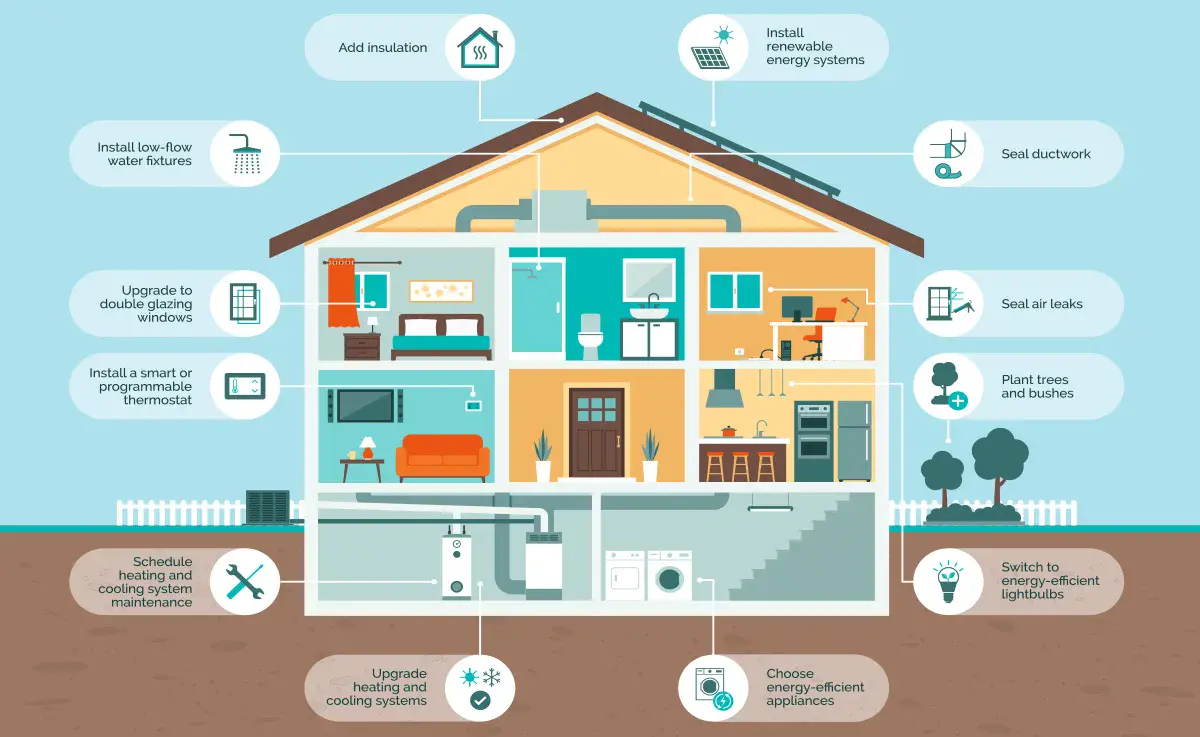
When hiring home renovation contractors, it's crucial to verify their licenses and insurance. Proper licensing ensures that the contractor meets local regulations and standards, while insurance protects you from potential liabilities during the project. Without these safeguards, homeowners risk financial loss and inadequate workmanship. Prioritizing licensed and insured professionals ensures a smoother, safer renovation experience.
When considering a home renovation, one of the most critical steps is hiring a qualified contractor. A vital aspect of this process is ensuring that the contractor possesses the necessary licenses. Licenses serve as proof that the contractor has met specific training and education requirements, understands local building codes, and complies with regulations that govern construction practices.
Different regions require different types of licenses for contractors. For instance, general contractors often need a state-issued license, while specialized contractors, such as electricians or plumbers, may need additional certifications. By hiring a licensed contractor, homeowners can rest assured that the individual has the expertise to handle complex renovation tasks safely and effectively.
Moreover, hiring a licensed contractor can protect homeowners from potential legal issues. If a contractor is unlicensed, it can lead to complications with permits, inspections, and even potential fines. In some cases, homeowners may be held liable for a contractor's mistakes if that contractor is not properly licensed.
Insurance is another critical factor to consider when hiring home renovation contractors. A reputable contractor should carry liability insurance and workers' compensation insurance. These types of insurance protect both the contractor and the homeowner from potential accidents and damages that may occur during the renovation process.
Liability insurance covers damages to your property that may result from the contractor's work. For example, if a contractor accidentally damages your flooring while installing cabinets, liability insurance can help cover the costs of repairs. Without this insurance, homeowners may find themselves footing the bill for damages caused by the contractor's mistakes.
Workers' compensation insurance protects homeowners from being held liable for injuries that may occur on their property. If a contractor or one of their workers gets injured while working, workers' compensation insurance will cover medical expenses and lost wages, shielding homeowners from potential legal claims. This is particularly important, as construction sites can be hazardous, and accidents can happen even with the most experienced professionals.
Choosing licensed and insured contractors offers numerous benefits beyond just peace of mind. Some of these benefits include:
Before hiring a contractor for your renovation project, it's essential to verify their license and insurance status. Here are some steps to follow:
Hiring home renovation contractors without verifying their licenses and insurance can lead to significant risks and potential financial losses. By ensuring that contractors are properly licensed and insured, homeowners can protect themselves from legal complications, financial liabilities, and subpar workmanship. Ultimately, taking the time to research and verify a contractor's credentials will pay off in the long run, leading to a successful and stress-free renovation experience.

Sustainable Home Renovation Practices: What Contractors Are Offering in 2025

How to Evaluate Home Renovation Contractors: Key Questions to Ask in 2025

Home Renovation in the USA: What You Need to Know in 2025

Home Renovation Contractor Trends in the USA for 2025: What to Expect

The Ultimate Guide to Choosing a Home Renovation Contractor in 2025

Top Home Renovation Contractor Services in the USA: A 2025 Overview

How to Budget for Home Renovation Projects with a Contractor in 2025

Understanding the Cost of Hiring an Accident Attorney in the USA: What to Expect in 2025.